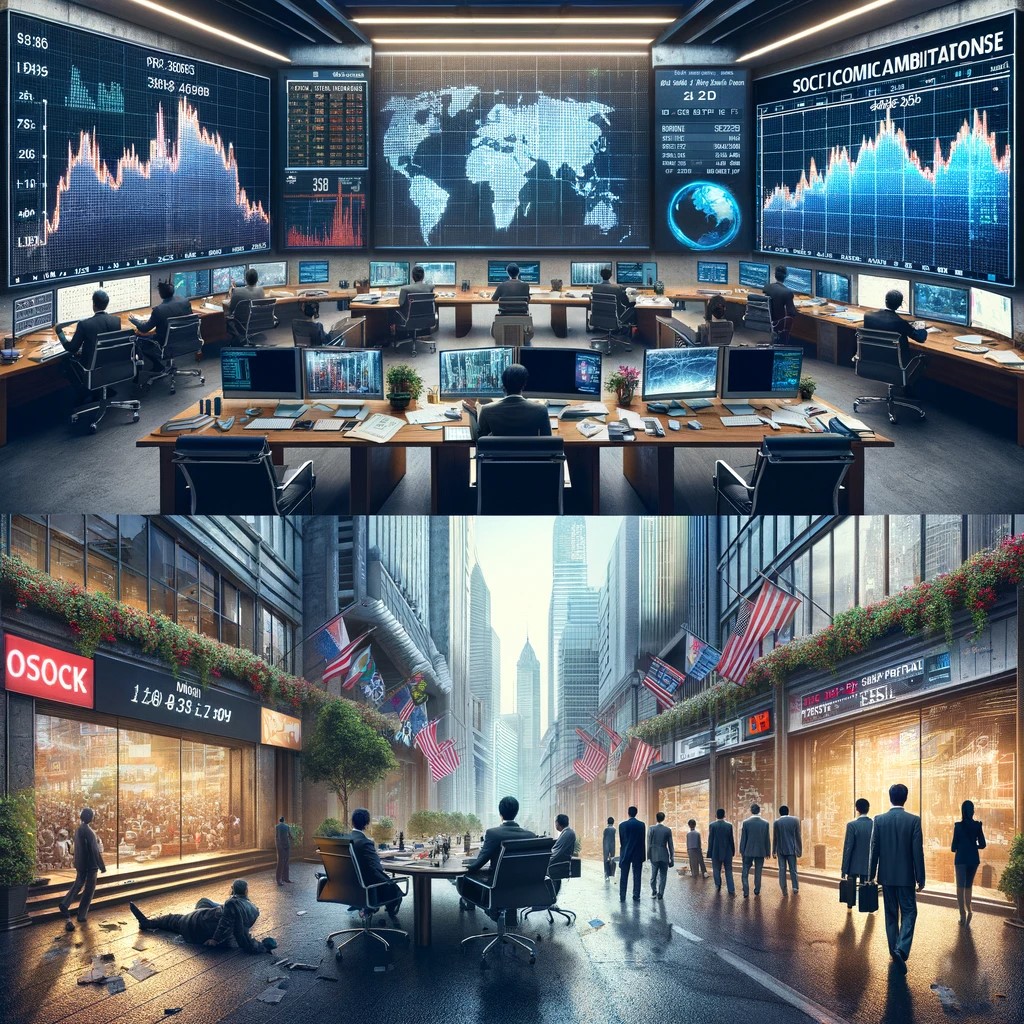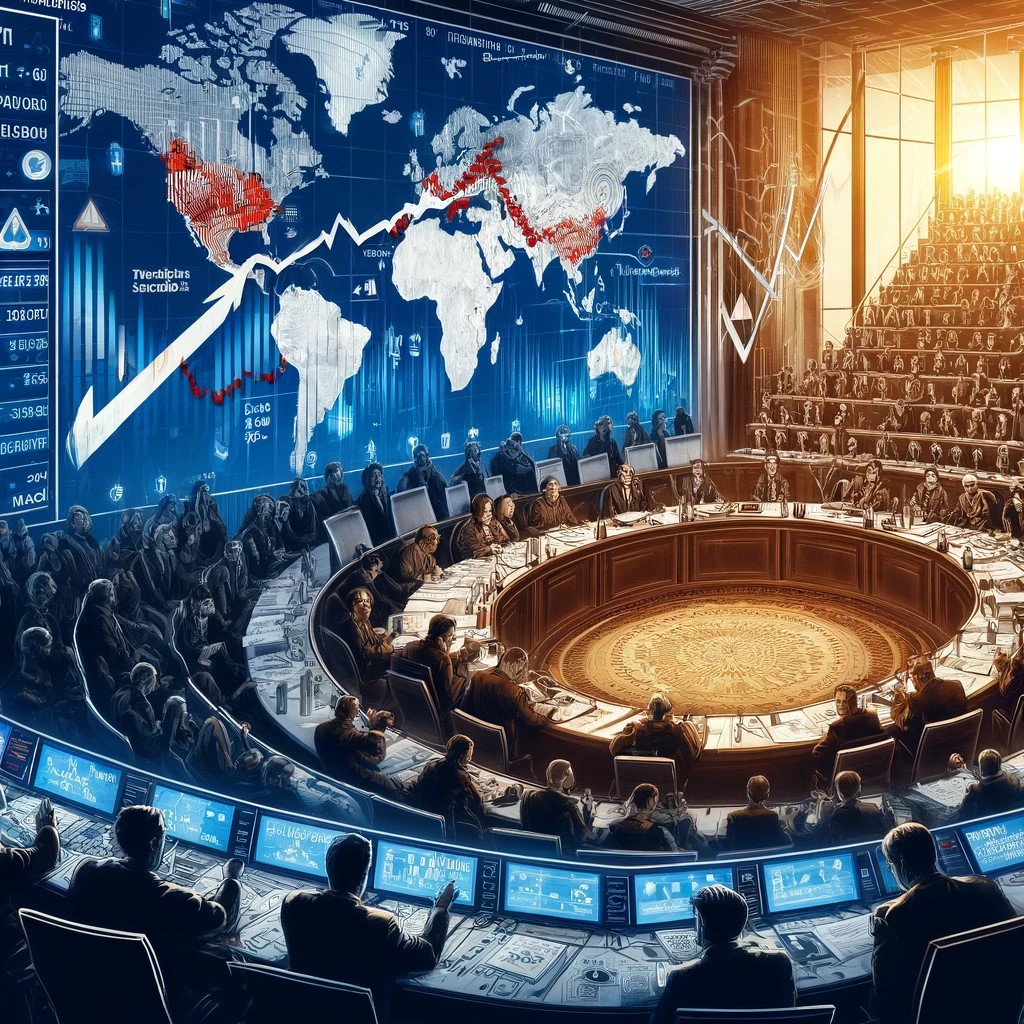Political instability is a significant risk factor for investors in emerging markets, where economic fortunes can be closely tied to the political landscape. From sudden government changes to social unrest, the implications of instability can be profound, affecting currency values, investment inflows, and overall economic growth. This article explores how political instability impacts emerging markets, examines current trends, and offers insights into future predictions.
Current Impact on Emerging Markets

In emerging markets, political instability often leads to economic volatility. Investors typically seek stability and predictability, qualities that are compromised when a country's political environment is in flux. Such conditions can lead to capital flight, where both foreign and domestic investors pull their investments in search of safer havens. This reaction often results in a depreciating currency, increased borrowing costs, and a slowdown in economic activity.
For example, countries experiencing coups or significant governmental changes often see immediate declines in stock market performance and a loss of investor confidence. Similarly, nations facing civil unrest can experience disruptions in their economic operations, impacting everything from small businesses to large multinational corporations operating within their borders.
Trends Influencing Investment in Emerging Markets

One notable trend is the enhanced risk assessment tools and strategies used by investors to gauge the political climate before committing capital. More sophisticated data analysis and predictive modeling have enabled better forecasting of political events and their potential economic impacts.
Moreover, there is a growing trend of linking political risk insurance to investments in emerging markets. This insurance helps mitigate the risks associated with government expropriation of assets, political violence, and currency inconvertibility, making investing in these regions slightly more palatable.
Foreign Direct Investment (FDI) and Political Instability
FDI is crucial for the development of emerging markets, providing not only capital but also technology transfer, enhancement of human capital, and an increase in competitiveness. However, political instability can significantly dampen FDI flows. Investors fear that political disruptions could jeopardize their operations and returns, leading to a cautious approach or complete withdrawal from markets perceived as unstable.
Countries that manage to maintain a stable political environment, on the other hand, can attract more FDI and enjoy the resultant economic benefits. Thus, political stability becomes a key selling point for emerging markets looking to attract foreign investors.
Future Predictions

Looking ahead, the relationship between political instability and economic performance in emerging markets is expected to remain a critical issue. As global political dynamics continue to evolve, the economic implications will likely be felt more acutely in these vulnerable markets.
Technology and social media will play increasingly significant roles in shaping political landscapes in emerging markets. These platforms can help disseminate information quickly, mobilize protests, or even stabilize situations by providing platforms for dialogue and engagement.
Additionally, there may be a shift towards more regional investments as countries within the same geographic area may look to stabilize each other economically and politically. Regional blocs could become more proactive in ensuring political stability within their member states to protect economic interests collectively.





